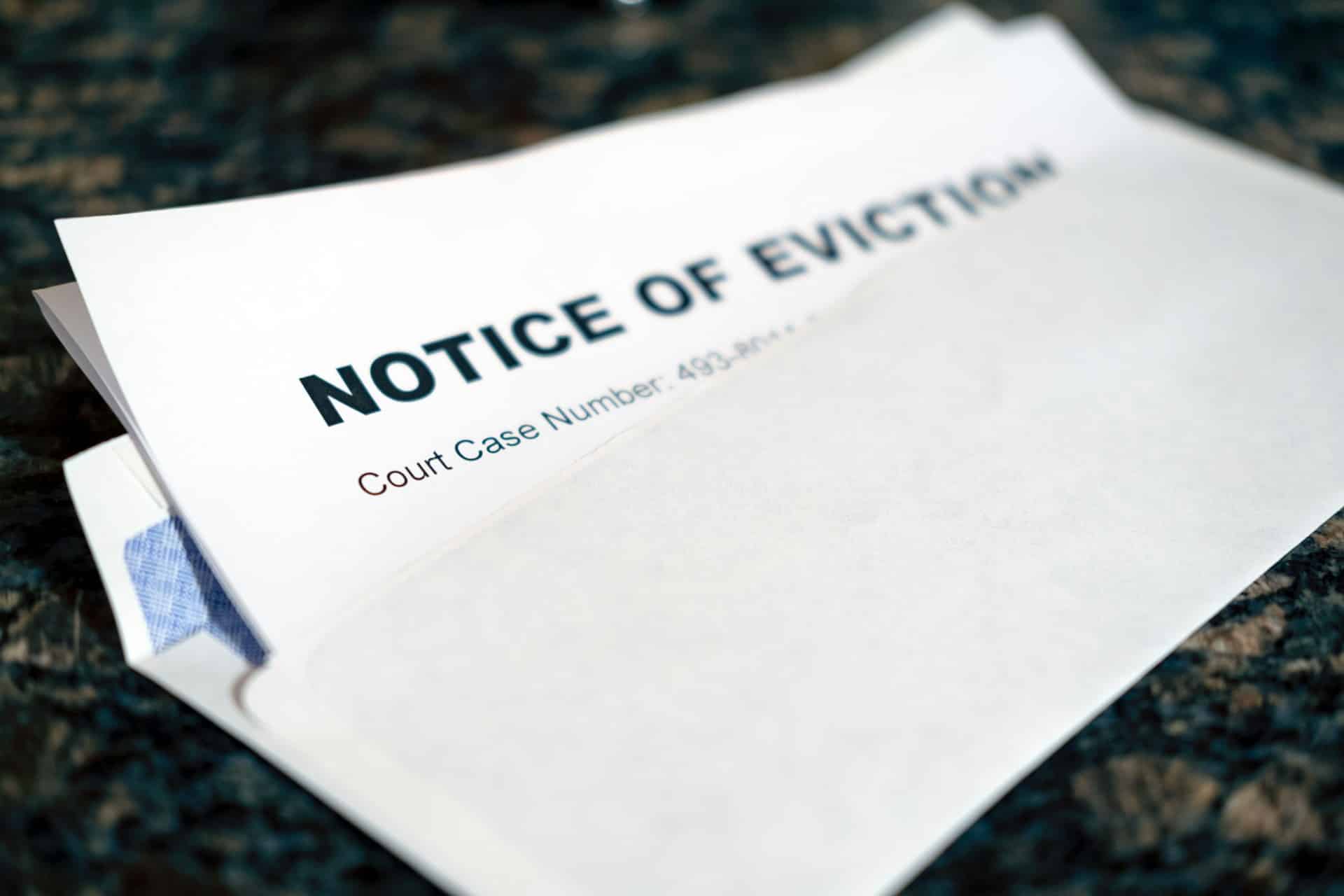Why Condos in Massachusetts Can Be Tricky to Sell Fast
Massachusetts has a unique real estate landscape. Condominiums often attract first-time buyers, retirees, and professionals drawn to convenience and community amenities, yet the process of selling one isn’t always simple. Unlike single-family homes, condos involve an extra layer of rules, association approvals, and financial disclosures. If your condo association has pending assessments, high fees, or strict move-out policies, those factors can slow down your sale.
The Massachusetts Office of Consumer Affairs and Business Regulation notes that sellers must provide buyers with a 6(d) certificate showing all condo fees are current. Without that, closings can be delayed or canceled. I’ve worked with sellers who didn’t realize their condo association required 10 days to prepare this paperwork, and it nearly cost them a buyer. Small details like this are easy to overlook but crucial for a fast transaction.
That said, once you understand the rules of the game, condos can actually sell faster than many other types of properties. Smaller footprints, lower maintenance, and prime urban locations appeal to busy buyers who don’t want the upkeep of a house. With the right strategy, even a dated condo can find the right buyer quickly.
Step One: Pricing Smartly for a Massachusetts Market
Setting the right price is where speed begins. Many condo owners start too high, assuming they’ll have room to negotiate. The problem is that overpriced condos sit longer, which can make buyers suspicious about hidden problems. In competitive markets like Boston, Cambridge, and Worcester, pricing slightly below market value can actually create urgency and spark multiple offers.
Start with a comparative market analysis, or CMA, from a trusted real estate agent. This report looks at recent sales of similar units in your building or neighborhood, factoring in features like square footage, amenities, and parking. You can also research public data through the Massachusetts Department of Revenue’s property assessment database to get a sense of local values. If your condo has unique upgrades—like energy-efficient windows, new flooring, or access to a rooftop deck—be sure they’re reflected in your pricing.
One trick I’ve seen work repeatedly is to list just under a pricing threshold, such as $399,000 instead of $405,000. Online buyers often filter searches by price caps, and staying within a range can help your listing appear in more results. Small psychological shifts like this can make your condo look like the best value on the block.
Step Two: Get Your Condo Showing-Ready Without Overspending
Presentation matters, but it doesn’t have to drain your savings. Condos are often compact, which means every inch counts. Start with decluttering and depersonalizing. Buyers need to envision themselves living there, not walking into someone else’s life. A clean, minimalist look helps even small units feel larger and brighter.
Next, focus on lighting and scent. Natural light instantly adds appeal, so open blinds and use soft white bulbs in darker spaces. Subtle touches, like fresh flowers or neutral air fresheners, create a sense of calm that helps buyers linger during showings. If the building allows, add potted plants to your balcony or entryway to make the space feel welcoming.
Professional photography is another small investment that pays big dividends. According to a National Association of Realtors report, listings with high-quality images receive up to 118 percent more online views than those with basic photos. For a quick sale, visuals do half the work before a buyer ever walks through the door.
Step Three: Understand What Buyers Want in a Massachusetts Condo
Every region has its own buyer psychology, and Massachusetts condo buyers are no exception. Proximity to public transportation, parking availability, and condo fee stability often rank higher than flashy interiors. In places like Somerville or Brookline, walkability is everything. In smaller towns or coastal areas, buyers might prioritize storage space or pet-friendly policies.
Highlight your condo’s strengths in the listing description. If your building has an on-site gym, security system, or strong homeowners association, mention it. Buyers want to know they’re investing in both comfort and community. Transparency also goes a long way. Disclose HOA fees and any upcoming assessments upfront, as Massachusetts law requires. It prevents surprises later and helps filter out buyers who aren’t financially prepared.
Another growing factor is sustainability. The U.S. Environmental Protection Agency notes that energy-efficient upgrades can increase property appeal and resale value. If your unit has Energy Star appliances or low-flow fixtures, highlight them. Buyers in Massachusetts—especially in environmentally conscious areas like Cambridge and Newton—tend to value green features that lower utility costs and reduce environmental impact.
Step Four: Streamline Paperwork and Legal Details
Massachusetts real estate law is thorough, and condos bring additional layers of documentation. Sellers must provide a resale certificate that outlines financial statements, reserve fund details, and any pending litigation involving the condo association. Having this information ready before listing speeds up the buyer’s due diligence and keeps your deal moving smoothly.
Work with a real estate attorney early in the process. In Massachusetts, attorneys typically handle closings, and a skilled one can ensure your paperwork is complete before offers even arrive. This includes the condo questionnaire, the master deed, and bylaws—documents most lenders require before approving a buyer’s mortgage.
If time is critical, consider working with your condo association’s management company to pre-collect these materials. Many buyers lose interest when paperwork drags on, especially in fast-moving markets. Staying ahead of documentation makes your sale look professional and reduces the risk of delays.
Step Five: Choosing the Fastest Selling Option
Even with preparation, the traditional market isn’t always the quickest route. Selling through a realtor can take weeks or months, depending on buyer financing and inspections. If you need to sell your condo fast, there are other approaches worth considering.
- Cash buyers and investors: These buyers skip bank financing, allowing you to close in as little as 7 to 14 days. They purchase properties as-is, which means you don’t have to make repairs or stage your condo.
- iBuyer platforms: Some online companies make instant cash offers based on data algorithms, though fees can vary. It’s convenient, but you’ll want to compare offers carefully.
- Direct sale to a local home-buying company: In Massachusetts, local investors often offer fair cash prices and handle the entire closing process, including legal paperwork and condo association coordination.
- Pre-listing sales through your network: Occasionally, letting friends, neighbors, or colleagues know about your condo before it hits the market can attract a buyer directly and save time on marketing.
Each option comes with pros and cons, but the common thread is control. Selling fast doesn’t mean sacrificing your equity if you understand who your buyers are and what they value. The more flexible and prepared you are, the faster you can adapt when the right offer appears.
Step Six: Avoiding Common Pitfalls That Slow Down Sales
Condo sales often stall for avoidable reasons. Some of the most common include incomplete disclosure forms, outdated smoke detector certificates, and unresolved association fees. Massachusetts requires sellers to have a valid Smoke and Carbon Monoxide Certificate issued by the local fire department before closing. Scheduling this inspection early prevents last-minute issues that can derail a fast sale.
Another frequent obstacle is buyer financing. Condos with a high percentage of investor ownership or low reserve funds can make it harder for buyers to get approved for traditional mortgages. If your building faces these challenges, cash buyers or investors may be your best option. They’re less concerned about conventional lending rules and can move quickly regardless of financing restrictions.
Finally, communication with your condo association is key. Alert the board or management company as soon as you plan to sell. They’ll need to prepare documentation, approve move-out logistics, and coordinate any repairs that fall under common ownership. Proactive communication saves everyone time and keeps you in good standing with the association.
Final Thoughts
Selling your condo fast in Massachusetts takes preparation, flexibility, and a clear strategy, but it doesn’t have to be overwhelming. Start with realistic pricing, keep your paperwork ready, and lean on experienced professionals who understand the nuances of condo sales. If time is of the essence, consider trusted cash home buyers who specialize in quick, as-is sales.
Cash home buying companies like Pavel Buys Houses work directly with Massachusetts condo owners to offer fair, transparent cash offers and flexible closing timelines—often within just a couple of weeks. They handle the cleanup, title work, and coordination with condo associations, so you can focus on your next chapter without the stress of delays or unexpected costs. Whether you’re relocating, downsizing, or simply ready to move on, partnering with a reliable cash buyer ensures you sell efficiently, responsibly, and with peace of mind.
⚡ Sell Your House Fast
"*" indicates required fields

Pavel Khaykin
Pavel Khaykin is the founder and author of Pavel Buys Houses, a nationwide home buying company that helps homeowners sell their properties quickly for cash. With a strong background in real estate and digital marketing, Pavel has been featured in The New York Times, ABC News, and The Huffington Post. His mission is to make the home-selling process simple, transparent, and trustworthy for every homeowner he works with.







